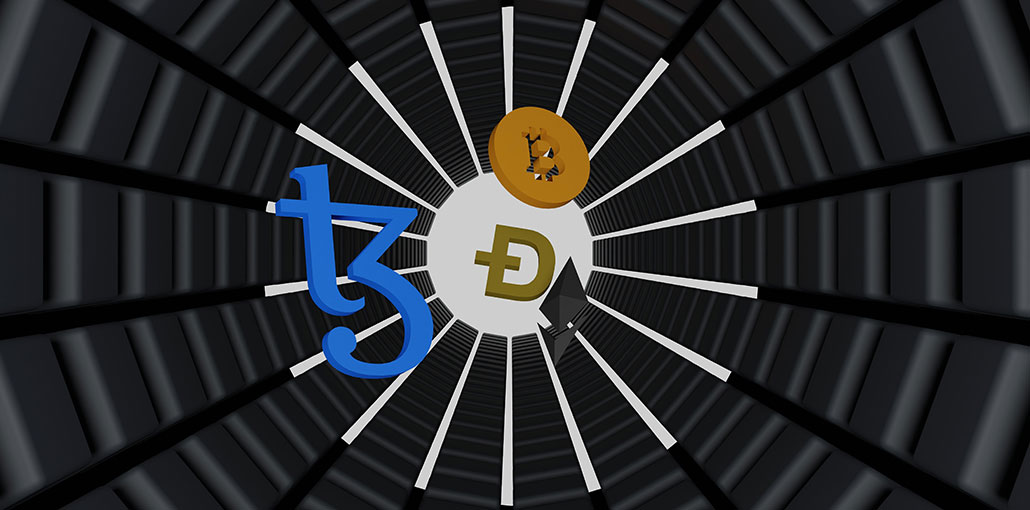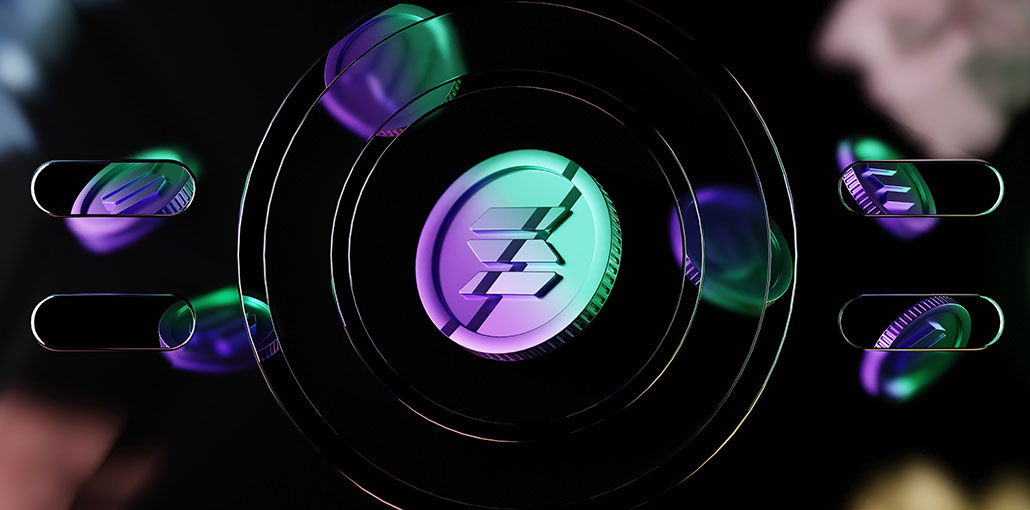Difference between a coin VS a token?
Although coins are stored on their own blockchains, multiple tokens can still be created on an existing network. This saves time and money.
Coins and tokens share some similarities at a fundamental level. Tokens can be exchanged for coins, while coins can also be used to enable payment processing. Their utility is where the differences are most obvious. The utility of cryptocurrency coins is where the differences are most apparent. Most crypto coins work as a native currency on the blockchain to store value. Tokens can be used on a decentralized app (DApp). Many tokens can exist in the same ecosystem since they are created on existing blockchains. Most of these tokens can be moved as needed.
These differences extend to development. Users who want to create a cryptocurrency will need to copy the entire blockchain. Token development, on the other hand, will require that you create a smart contract. This is because the developer does not need to spend their time developing their own blockchain or securing it. It can save them money and time.
What are the uses of cryptocurrency tokens?
Cryptocurrency tokens have the same value as coins and can be used to raise funds, vote (or govern), or earn points for loyalty programs or charity programs.
There are many uses for cryptocurrency tokens. Some can be used as investment vehicles like Dogecoin ( DOGE), while others allow users to trade between tokens on platforms such as Ethereum ( ETH). You can also use other tokens to raise funds for any new product or service that your team may decide to offer. An Initial Coin Offering (ICO) with cryptocurrency tokens can also be used to release a token. Another use case is a representation of shares in a company or the definition of proof of ownership. A ticket for entry or usage of DApps, a voting tool or component of a loyalty program.
Also read: Cryptocurrency Basket: What It Is and Why Blockchains Support Investing
Why would I want to create a token of appreciation?
Tokenization is the new standard for teams and organizations looking to raise funds or create active communities.
Tokenization has become a popular concept. It refers to the assignment of a token to any value in real life. Tokens will soon be a standard for transactions worldwide, as many companies, teams, and individuals are already trying to digitize their offerings to facilitate transactions. Tokens offer many benefits to users, including the ability for token holders to encourage more active participation in Decentralized Finance (DeFi) projects. Token holders can buy into any mission that aligns with their goals and receive rewards for their participation.
What makes Ethereum the best platform to create tokens?
Ethereum is still at the forefront in DeFi and gives users access to a growing community of developers with diverse functionality.
Based on the user’s requirements, Ethereum and Solana ( SOOL) remain the most popular blockchains. The ERC-20 standard for Ethereum has remained the most popular way to create new tokens from the beginning. This makes it the preferred choice for crowdfunding and ICO use. It provides an easy interface that can be used in multiple applications. It is a leader in DApp Development and an ecosystem to many popular platforms. Ethereum is still at the forefront in DeFi and provides extensive documentation to those who create their first token.
Also read: The Ultimate Guide to Creating a Non-Fungible Token?
How do users create a token for their account?
To build a token, you need to deploy a smart contract. Modern platforms make it easy for users to enter details about their tokens.
To create a token, a creator would need to describe the properties of the token, such as its supply, name, and number of auxiliary functions. The next step would be to deploy a smart contract and QA testing, as well as blockchain deployment. Users would need to have a basic knowledge of coding to be able to create their token. However, the newer platforms make it easier to do so.
Student Coin terminal is one of these platforms that allows users to create custom ERC-20 tokens. Connecting your Ethereum wallet is the first step in creating a token. You can choose between MetaMask or Wallet Connect. Or you can create one by clicking the “Get wallet” button. The next step is to add sufficient funds to cover contract deployment and to set up their tokens. Once the foundation is in place, users will be able to set up their tokens using a simplified format. This allows users to fill out a simple form.
Any user can create their own token with modern platforms such as Student Coin, even if they have limited or no technical skills.










Leave a comment